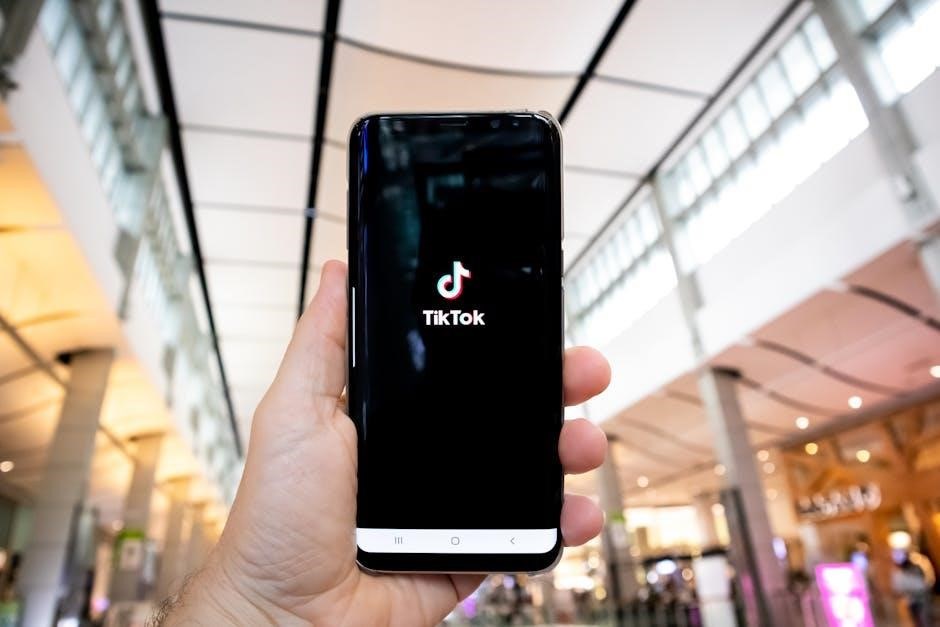nj shares application pdf
NJ SHARES (New Jersey Statewide Heating Assistance and Referral for Energy Services) is a vital program designed to assist New Jersey residents in managing their energy costs. It provides financial relief to eligible households struggling to pay their utility bills. The NJ SHARES application is a straightforward process that connects individuals and families with the resources they need to maintain essential energy services. This guide outlines the key aspects of the application, ensuring applicants understand the requirements and steps involved. By completing the application, residents can access the support necessary to stay warm during the winter months or cool during the summer. Understanding the application process is the first step toward securing the assistance needed to alleviate energy-related financial burdens.
1.1 Overview of NJ Shares

NJ SHARES (New Jersey Statewide Heating Assistance and Referral for Energy Services) is a comprehensive program designed to provide energy assistance to low- and moderate-income households across New Jersey. Established to address the growing need for energy affordability, NJ SHARES offers a safety net for residents who struggle to pay their utility bills, ensuring they have access to essential energy services year-round. The program is administered by a nonprofit organization and is part of New Jersey’s broader efforts to combat poverty and promote energy equity.

The program is unique because it is funded through voluntary contributions from utility companies, their customers, and other stakeholders. These donations enable NJ SHARES to provide grants to eligible households, helping them pay for electricity, natural gas, water, and other essential utilities. Unlike government-funded programs, NJ SHARES relies on the generosity of the community to sustain its operations, making it a vital resource for those who may not qualify for other forms of assistance.

NJ SHARES also serves as a referral service, connecting applicants with additional resources and programs that can help them achieve long-term energy affordability. The organization works closely with local non-profits, community agencies, and utility companies to ensure that applicants receive comprehensive support. This collaborative approach ensures that households not only receive immediate financial relief but also gain access to tools and services that can help them manage their energy costs more effectively in the future.
The program is designed to be inclusive, offering assistance to a wide range of individuals and families, including those who may not qualify for federal or state-funded programs. NJ SHARES places a strong emphasis on preventing energy-related crises, such as utility shutoffs, which can have severe consequences for health, safety, and overall well-being. By addressing these issues promptly, NJ SHARES helps stabilize households and promotes economic self-sufficiency.
In addition to providing financial assistance, NJ SHARES educates applicants about energy efficiency and conservation. The program encourages households to adopt practices that reduce energy consumption, lowering their utility bills over time. This focus on education and sustainability sets NJ SHARES apart from other assistance programs and underscores its commitment to creating lasting solutions for energy affordability.
Overall, NJ SHARES is a vital resource for New Jersey residents who face challenges in paying their utility bills. Its combination of financial assistance, referral services, and educational support makes it a holistic program that addresses both immediate needs and long-term goals. By leveraging community contributions and partnerships, NJ SHARES continues to play a critical role in ensuring that no household in New Jersey has to go without essential energy services.
1.2 Purpose of the Application
The NJ SHARES application is designed to serve as a gateway for New Jersey residents to access vital energy assistance. Its primary purpose is to connect eligible households with the resources they need to manage their energy costs effectively. By completing and submitting the application, residents can determine their eligibility for financial grants that help cover utility bills, ensuring they maintain access to essential energy services such as electricity, natural gas, and water.

The application process is structured to gather necessary information about an applicant’s household, income, and energy needs. This information is used to assess eligibility and determine the level of assistance that may be provided. The application also serves as a tool to streamline the review process, ensuring that eligible households can receive support as quickly and efficiently as possible. By providing clear and detailed information, applicants can help expedite the evaluation of their case.
One of the key objectives of the NJ SHARES application is to ensure that the program reaches those who need it most. The application is designed to be accessible to a wide range of individuals, including those with limited income, seniors, and families facing financial hardships. By outlining the requirements and guidelines upfront, the application helps applicants understand what documentation and information are needed to complete the process successfully. This transparency ensures that the program remains fair and equitable for all eligible participants.
Another important purpose of the application is to facilitate communication between applicants and program administrators. The application includes sections for providing detailed household information, income verification, and energy usage data. This information allows NJ SHARES to assess each applicant’s unique situation and determine the most appropriate form of assistance. Additionally, the application serves as a means for applicants to request additional resources or referrals to other programs that may help them achieve long-term energy affordability.
The application also plays a critical role in ensuring accountability and compliance with program guidelines. By requiring applicants to provide accurate and complete information, NJ SHARES can maintain the integrity of the program and ensure that funds are allocated to those who truly need them. This accountability is essential for sustaining the program’s viability and securing ongoing support from donors and stakeholders.
Furthermore, the NJ SHARES application is designed to raise awareness about the program and its benefits. By making the application widely available and easy to access, NJ SHARES encourages eligible households to take advantage of the assistance offered. This outreach effort is particularly important for individuals who may not be aware of the resources available to them or who may feel overwhelmed by the process of seeking financial assistance.
Ultimately, the NJ SHARES application is more than just a form—it is a lifeline for many New Jersey residents who are struggling to make ends meet. By providing a clear and accessible pathway to energy assistance, the application helps to alleviate financial burdens and promote stability for households across the state. Its purpose is deeply rooted in the commitment to ensuring that no one in New Jersey has to go without essential energy services due to financial hardship.

Eligibility Criteria

To be eligible for NJ SHARES, applicants must meet specific criteria designed to ensure the program supports those most in need. The eligibility criteria are based on household income, family size, and the type of energy assistance required. Applicants must also provide documentation to verify their income, household composition, and energy bills. The program is intended for low- to moderate-income residents of New Jersey who are facing difficulties in paying their utility bills. Eligibility is determined by comparing the household’s gross income to established income guidelines, which are updated annually. Additional factors, such as the presence of vulnerable household members like seniors or young children, may also be considered. Meeting these criteria ensures that assistance is distributed fairly and effectively to those who need it most.

2.1 Income Requirements
The income requirements for the NJ SHARES program are a critical factor in determining eligibility. These requirements ensure that assistance is directed toward households that genuinely need support in paying their utility bills. To qualify, applicants must meet specific income guidelines, which are typically based on a percentage of the Federal Poverty Level (FPL) or the State Median Income (SMI). These thresholds are adjusted annually to reflect current economic conditions and are published by the program administrators.

Households applying for NJ SHARES must provide proof of their gross income from all sources over the past 30 days or, in some cases, the past 12 months. This includes income from employment, self-employment, pensions, Social Security, unemployment benefits, and other forms of regular financial support. The total household income must not exceed the established income limit for their family size. For example, larger families may qualify even if their total income is higher, as the limits are scaled based on the number of household members.
The income requirements are designed to be inclusive, allowing a broad range of low- to moderate-income households to qualify. However, the exact thresholds can vary depending on the type of assistance being sought and the funding available through the program. In some cases, priority may be given to households with the lowest incomes or those facing immediate utility shutoffs. Applicants are encouraged to review the most up-to-date income guidelines on the official NJ SHARES website or by contacting a local community action agency.
Documentation is a key part of verifying income eligibility. Applicants must submit recent pay stubs, tax returns, or letters from employers to confirm their income. For self-employed individuals or those with irregular income, additional documentation such as business records or bank statements may be required. Households receiving government benefits must provide award letters or other official notices. Failure to provide complete and accurate documentation may result in delays or denial of the application.

It’s important to note that the income requirements for NJ SHARES are distinct from those of other assistance programs, such as LIHEAP (Low-Income Home Energy Assistance Program). While there may be some overlap, each program has its own eligibility criteria, and qualification for one does not guarantee qualification for another. Applicants are encouraged to explore all available resources to ensure they receive the maximum assistance for which they are eligible.
